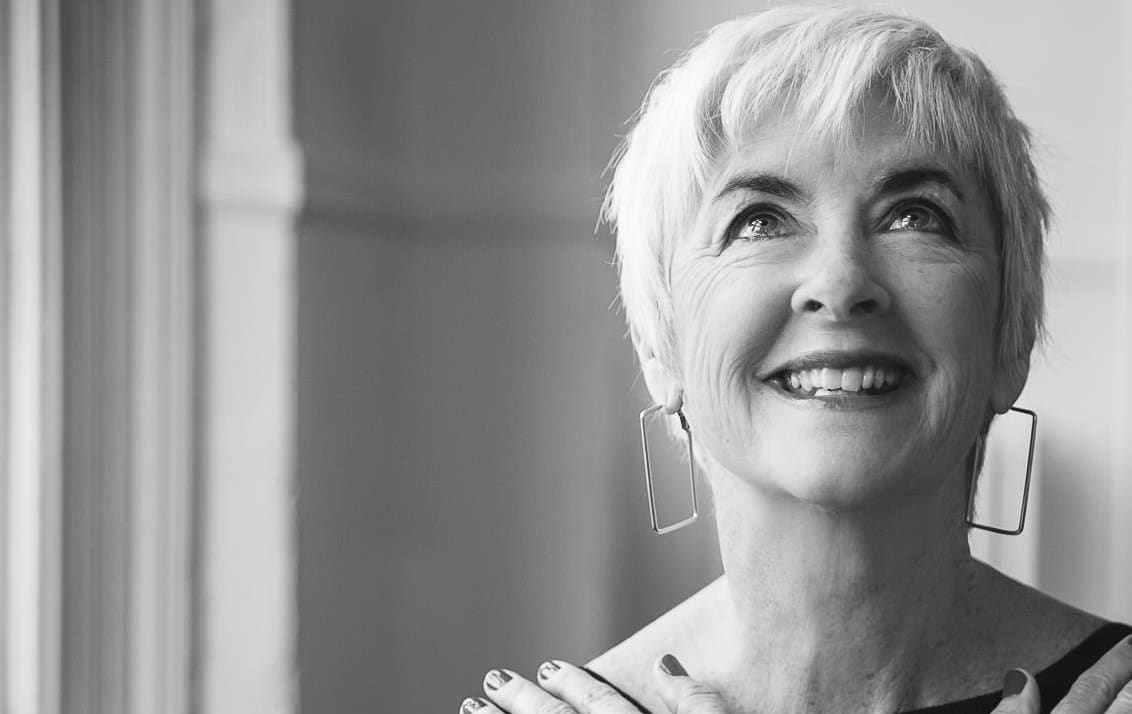I’m deaf in the dark.
When I say that, people laugh
A bit uncertainly at first,
And even after they’ve had a moment to think about it
They’re still a bit confused
Until I explain that, for people with hearing loss,
It’s the light that helps us hear.
Without illumination, I cannot see the sounds being made
And what I hear are disjointed, audible hints of what’s being said
Short arcs of noise, shards of sound
That are tough to decipher.
I need the light.
Not the power of a lighthouse beacon, a spotlight, or even a flashlight
Just light, pure and steady, that brings a face into focus,
Along with all the other moving parts
(lips / eyes / arm stance /eyebrows / teeth / hand gestures)
That mesh into radiant comprehension—“Oh, that’s what you’re saying.”
And I don’t like shadows, they’re as bad as the dark.
A small smudge of shadow can contort a facial expression.
Flickering traces of candlelight—so romantic for the hearing people—
Appear to make lips and eyes move differently
Like the unreal effect of a mirror ball on a crowded dance floor.
How do speakers unknowingly block out the light that helps us hear?
With baseball caps pulled low over the eyes
By standing in front of a window, creating a halo of light around a darkened face,
By creating shadows with their hand and head movements.
I dream of what it would be like, not to be deaf in the dark.
Because when the sun sets and the romance rises,
The talk is mostly for the hearing people.
We must turn on the lights or wait until morning,
And make do with only the touch, not the talk.
Yet, after a lifetime of deafness in the dark
The thought of hearing and understanding
A disembodied voice in the blackness—is scary.
How could I tell if what I’m hearing is real?
I’d have only their words and tone of voice
And everything else I’ve depended on my entire life
That make sense of what a person says—
(lips / eyes / arm stance /eyebrows / teeth / hand gestures)—
Would be hidden from view.
No, I’m too dependent on the light that helps us hear.
I cannot imagine another way.
So when we speak,
Please turn your face to me, let the light shine on it
And I will do the same for you.









Well said Gael.. I know what you mean and experience….in my own hearing rehab we often discuss the importance of the auditory and visual sense to both hearing and feeling – more connected. Thanks. Sweet and powerful writing yet again from you.
I love this, Gael!. It is hauntingly beautiful while so very true.
I enjoyed your company at the Casey Key Fish House the other night:)
Anne
Such a powerful read Gael. I was brought to tears.
I love this. For me, I also need my eyeglasses to hear reasonably well. Close captions help, too. Thanks for writing this poem. By sharing this poem, you are helping me give a different perspective to my friends and family. We have to communicate to others so they can empathize with us. I don’t want to receive pity, just give information so I don’t feel so excluded from them.
ditto, thank you Gael 🙂
captioning in the dark?
wouldn’t that be a lark!
never say never,
there’s Braille for some,
make it come (no pun intended)
L
Wow, Gael !!! Incredible and Intense. Love it.
Well said, Gael. My Red Hat group is going to play Glow Golf tomorrow. And I wanted to know how dark is it in there. Because – you know what’s coming – I can’t hear if I can’t see faces. It might be fun. Or I might be alone in a crowd. I find out tomorrow. I’ll hope for the best!
Ah, Gael, you’ve hit the nail on the head again!
Perfect! Well it is a perfect as “we” can get. Thank you. Would you please let me know if I may re-post? I would like to share with my Meniere’s groups and family.
Respectfully, Sarah